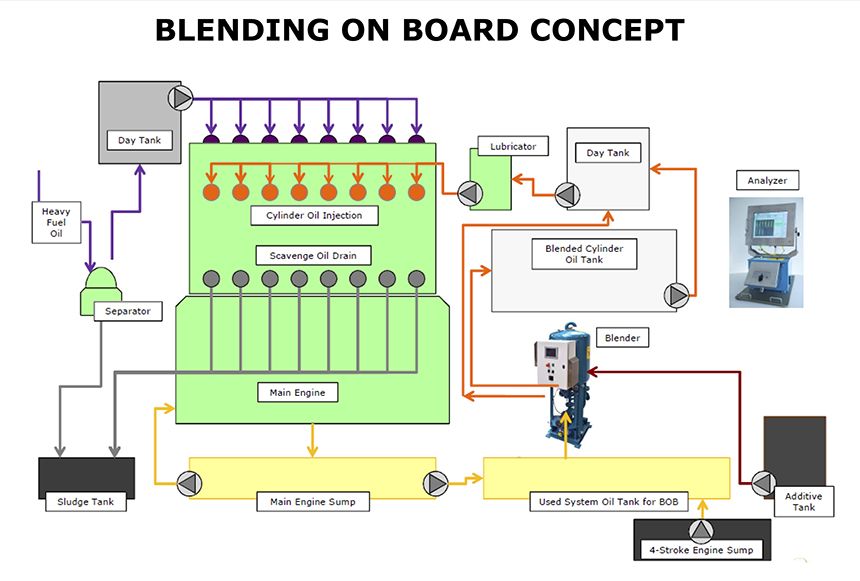The Danish shipping giant Maersk has enjoyed so much success with its new tech invention, it has decided to commercialise it on the global market.
The new technology, developed by the subsidiary Maersk Fluid Technologies (MFT), recycles motor oil and has saved Maersk 110 million kroner every year in operating costs since its inception.
“The ambition is for the technology to catch on throughout the industry,” Jens Byrgesen, the CEO of MFT, told Børsen business newspaper.
“Within five years, the technology is expected to be found on 10-20 percent of the world ships that it caters to.”
READ MORE: Maersk maintains expectations despite low freight rates
Win-win for Maersk
According to Børsen, there are potentially about 15,000 large ships on the global market today and Maersk’s innovative tech, SEA-Mate Blend-on-Board, is a clear indication that the company is turning towards engaging in more innovation.
“It’s a win-win situation for Maersk,” said Stig Frederiksen, an analyst from Nordea. “They can save money while earning by selling the product. That’s one of the reasons why they’ve been able to achieve better earnings than is the current case for the rest of the industry.”
Earlier this month, Maersk revealed it would maintain its expectations for the year despite the low container freight rates.














